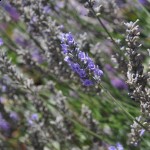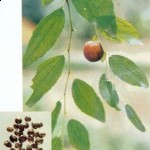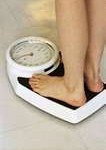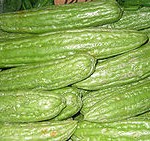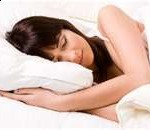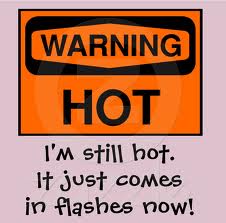 A dramatic decrease in use of hormone replacement therapy (HRT) during the past two years has also coincided with lower breast cancer incidence according to a new study published in the Journal of the National Cancer Institute. HRT was the recommended treatment for decades for menopause symptoms such as hot flashes, night sweats, brain fog and vaginal dryness to name a few.
A dramatic decrease in use of hormone replacement therapy (HRT) during the past two years has also coincided with lower breast cancer incidence according to a new study published in the Journal of the National Cancer Institute. HRT was the recommended treatment for decades for menopause symptoms such as hot flashes, night sweats, brain fog and vaginal dryness to name a few.
However, since 2002 when the Womens Health Initiative clinical trial announced an increase risk in breast cancer, stroke and heart attacks due to HRT, doctors have limited their prescription writing of HRT. It is fantastic to see a study showing breast cancer diagnosis dropping in the past two years, but many women have such debilitating menopause symptoms they still need something to help them cope. It's unfortunate more women do not understand the benefits of herbal remedies for menopause, which can provide the comfort they desperatly seek.
If you don't sleep well, soak through pajamas at night, hot flash during the day and often feel dazed and confused you could add a few Chinese herbs to your diet, by way of a tea. You will have a decline of symptoms within a few weeks, within one month you will feel significant, real relief. But many women want a quick acting pill and that is not how herbal medicine works. Our bodies normally slowly enter the peri-menopause stage and then the complete end to menstruation. Coping with the symptoms that arise from hormonal changes is not easy and it can take a little time to readjust the thermostat of the body. Our herbal remedy for menopause does work. Our herbs have been written about and used continuously for over 2000 years. More information about our Menopause Relief Herb Pac coming soon.
As always, thanks for reading our blog.
Study information can be found at: J Natl Cancer Inst. Published online September 23, 2010.
http://www.medscape.com/viewarticle/729378?sssdmh=dm1.639367&src=nldne&uac=139834FJ

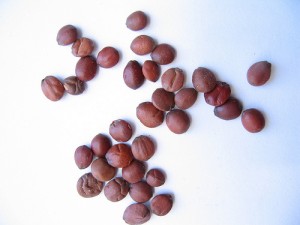
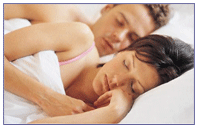
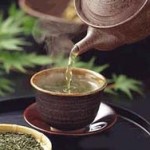 This remarkable research conducted at Yale University is incredible news for Americans. Asian societies, on the other hand, have used these Chinese herbs for generations and understand that boiling peony root, with licorice root, red dates and skullcap root can help the gastro-intestinal tract especially when one is suffering from diarrhea.
This remarkable research conducted at Yale University is incredible news for Americans. Asian societies, on the other hand, have used these Chinese herbs for generations and understand that boiling peony root, with licorice root, red dates and skullcap root can help the gastro-intestinal tract especially when one is suffering from diarrhea.
